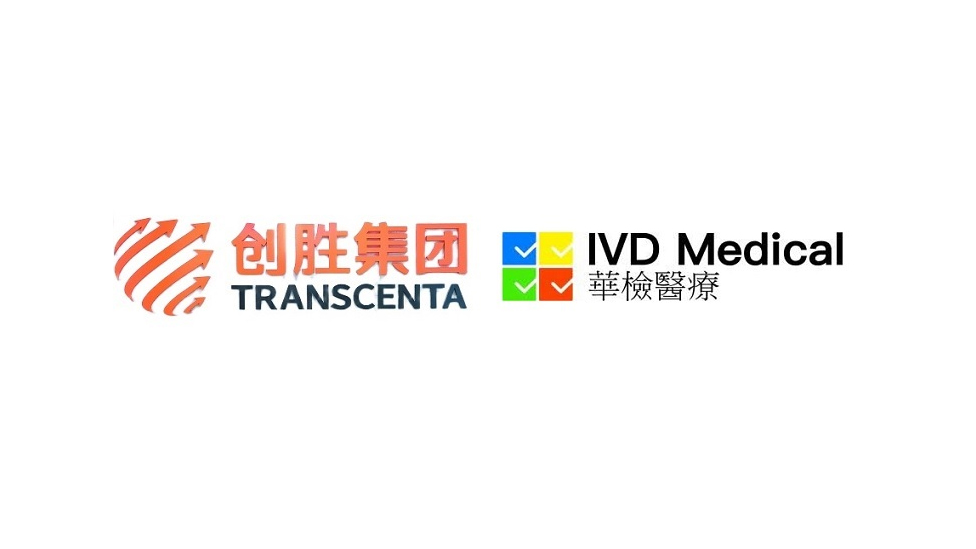Dubai: Biotechnology company Transcenta Holding Limited is entering a groundbreaking partnership with IVD Medical Holding Limited and its subsidiaries to explore the use of blockchain-based Real-World Asset (RWA) tokens as a financing model for cancer research. The move underscores how digital asset innovation is beginning to reshape the way capital is raised for life sciences, potentially making investment in cutting-edge therapies more transparent and accessible.
Tokenization as a Tool for Biotech Financing
Transcenta’s collaboration with IVD Medical is centered on the issuance of RWA tokens through the Ethereum blockchain. Unlike traditional fundraising, which relies heavily on venture capital firms, private equity, or institutional investors, tokenization allows companies to diversify their funding sources by reaching new groups of backers, including individuals.
By linking token issuance to real progress in research and development, the model promises to create an investment framework that emphasizes accountability. Investors will be able to track how funds are deployed, while Transcenta gains a more flexible financing channel to support its pipeline of cancer therapies.
Company representatives explained that blockchain-backed funding could help reduce the barriers that often stand in the way of biotech innovation. Early-stage research is typically seen as high risk by traditional lenders, making it difficult for smaller firms to secure the capital needed to push therapies through clinical trials. Tokenization offers a way to bypass some of those obstacles by engaging a broader base of participants, including those already familiar with decentralized finance.
Building Momentum in Oncology Research
Transcenta, through its subsidiary Transcenta Oncology Inc., has long focused on advancing therapies that target validated cancer pathways. The company’s portfolio is dedicated to developing biologics that address unmet medical needs, moving beyond conventional approaches to oncology.
The partnership with IVD Medical marks more than a financing experiment. For Transcenta, it is a strategic step to reinforce its leadership position within the biotech sector. Management believes that embracing tokenized models not only strengthens its funding capabilities but also signals a willingness to adopt new technologies that can keep pace with the rapidly changing investment landscape.
Analysts suggest this approach could also shorten the time it takes to bring oncology treatments from the lab to the clinic. By attracting diverse investor groups, including retail participants who previously had limited exposure to biotech opportunities, the firm could accelerate the financial backing required for advanced research programs.
A Global Context for Tokenization
The timing of this initiative coincides with regulatory reforms in both the United States and China, which are gradually creating more favorable conditions for blockchain adoption. In the past, regulatory uncertainty acted as a significant barrier to tokenized offerings. Now, with clearer frameworks in place, companies such as Transcenta are beginning to test how blockchain can complement traditional capital markets.
Market observers note that tokenization of healthcare-related assets carries broader implications. If successful, it could democratize investment in areas that directly impact human health and wellbeing. Rather than limiting participation to large funds, individuals around the world could support oncology research while benefiting from exposure to high-growth biotechnology sectors.
This democratization could also help build stronger trust in biotech financing. Blockchain technology, by design, ensures that transactions are traceable and transparent. For an industry often challenged by high costs and long development timelines, this level of visibility can help reassure stakeholders that funds are being used responsibly and effectively.
Setting a Precedent in Biotech
Transcenta’s experiment with blockchain-based financing may inspire other biotechnology firms to adopt similar models. While the use of RWA tokens in healthcare is still in its early stages, the potential benefits—greater transparency, diversified funding, and faster capital inflows—are difficult to ignore.
Ethereum’s role as the platform of choice for these tokens is also significant. Its established ecosystem, wide adoption, and robust smart contract capabilities make it a reliable foundation for tokenized financing. Should Transcenta’s model prove effective, it could further validate Ethereum’s status as a trusted environment for digital asset innovation in regulated industries.
Looking Ahead
For Transcenta, the partnership with IVD Medical is more than a financing experiment—it represents a vision of how biotechnology and blockchain can work together to solve pressing global challenges. Cancer remains one of the leading causes of death worldwide, and accelerating the pace of research is a priority for scientists and investors alike.
By merging oncology research with blockchain tokenization, Transcenta hopes to set a precedent that reshapes how biotech ventures engage with global capital markets. If successful, the initiative could create new standards for funding life sciences, offering both financial transparency and a broader investor base.
The collaboration highlights an important truth about the future of innovation: the solutions to humanity’s most urgent health challenges may not only come from the laboratory but also from the way we finance scientific progress.




























